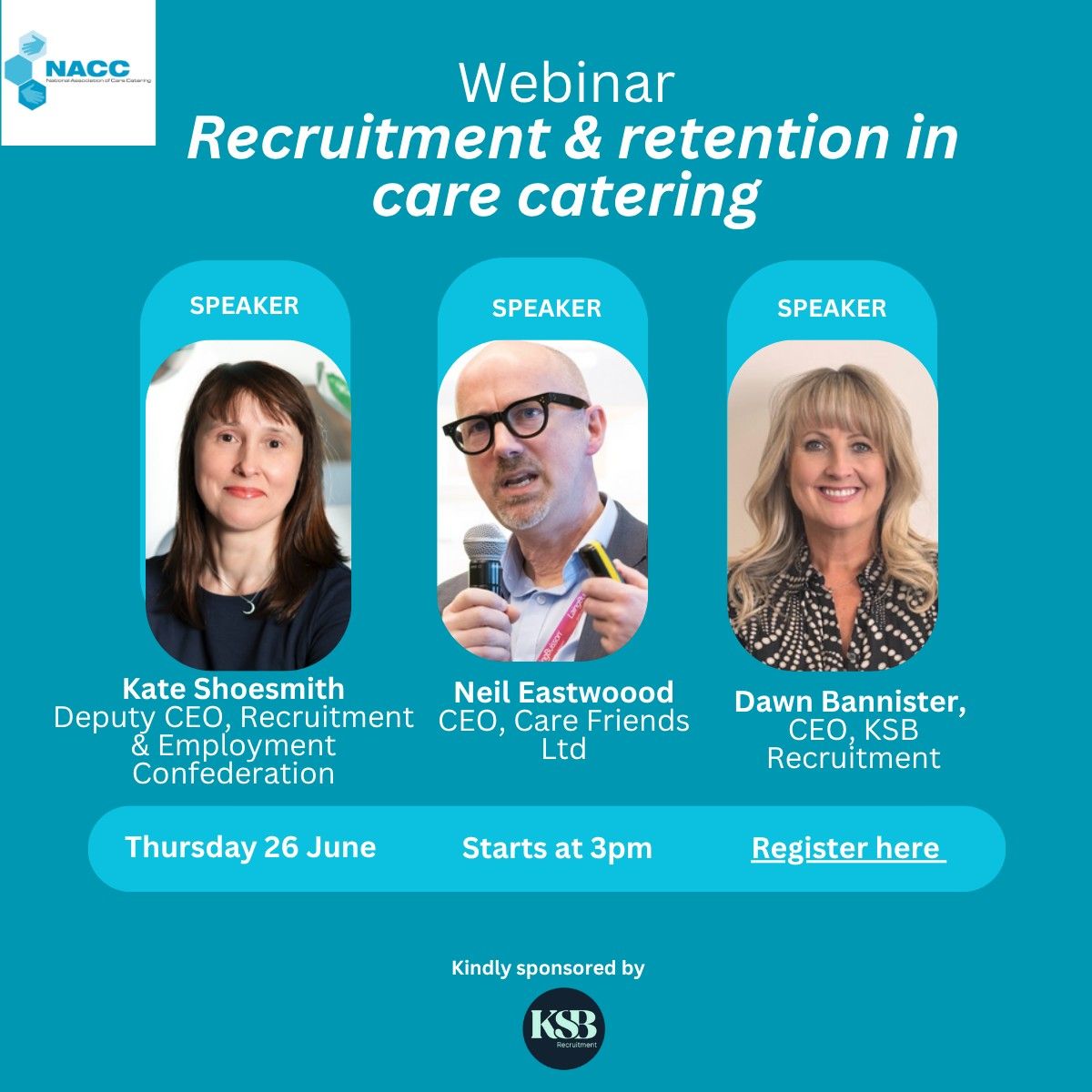Mental Health in Hospitality

How to manage positive mental health in hospitality
Mental Health in Hospitality – Working in hospitality is a challenging profession that requires a unique skill set and a special sort of mental focus. The word hospitality comes from the same origins as hospital, and essentially means looking after people with goodwill whether they are guests or visitors in your home or in a professional capacity such as in a hotel, restaurant, cruise ship or anywhere else that receives guests and visitors.
This means that as well as your professional expertise in being able to do your job correctly, the aim is to put your client’s needs before your own. Whether you are a waiter, chef, barman, hotel receptionist or working in any other highly trained hospitality position, this comes down to providing service with a smile no matter how long your hours or how onerous your job.
Does hospitality training prepare you for the mental pressure of the job?
Although you will have undergone training courses to comply with the technical aspects of your work such as food hygiene and safety training, the pressures of the hospitality industry can make this an extremely challenging career path. Looking after your mental health in hospitality careers is important. Many people working in the industry can suffer from anxiety, stress and depression. Many others just suffer from burnout and leave the industry.
The hospitality industry is the third biggest employment sector in the UK. After all we all love going out for entertainment or to eat so if you are looking for a career path that is crying out for professionals , the hospitality industry offers plenty of job opportunities in a very secure employment sector.
Why is there so much pressure in the hospitality industry?
The hospitality industry is fraught with pressure. It runs on tight deadlines and this combined with the stress and heat of the average busy kitchen, tempers get frayed and bullying is not uncommon. Any mistakes in the chain of command between the order and the food arriving on the customers table, ramps up the stress. It can be a steep learning curve as you try to work your way up the hierarchy in the kitchen and although there can be a great camaraderie among team members, over 41% of workers report verbal abuse from coworkers or even their line managers.
Many people thrive on the pressure of a busy kitchen but when this turns to becoming overwhelmed by stress and a lack of support from managers or the impossibility of working short staffed; it can lead to serious mental problems such as depression, alcohol or drug abuse or even suicide in some cases.
Demanding Customers can affect mental health in Hospitality
Working with the public is also very demanding. 74% of hospitality workers report being abused by customers and with the rise of social media and sites such as trip advisor, even customers who may seem perfectly reasonable can leave a blistering review online. This feeling of being constantly scrutinised and judged only adds to the pressure of work.
Anyone who works in hospitality has to be able to think on their feet and identify potential issues before they arise so that damaging feedback does not negatively impact upon business.
Long Hours and Opt Out Clauses
Many people these days are complaining about zero hours contracts. However the hospitality industry is notorious for the complete opposite, often demanding long hours and added non paid work as a requirement.
Many hospitality workers are employed on permanent contracts, which sounds secure but often requires them to sign up to an opt out clause of the 1998 legislation that sets the maximum working week at 48 hours. Opting out of this important clause, allows employers to require workers to work in excess of 48 hours a week when necessary for no extra pay. According to industry professionals, working 70 hours a week is not uncommon.
You might imagine that this only applies to the lower grade workers, but in the hospitality industry, this opt out clause is standard. Hotel managers, chefs and highly trained professionals at the top of their game all have to sign an opt out clause along with everyone else. The majority find that their true hourly rate is well beneath minimum wage levels when the sheer amount of hours spent at work is considered.
Did you know? – According to Catering Insight 60% of hospitality workers experience mental health problems at work
So why work in the hospitality industry?
Hospitality is a pressure driven job and despite the obvious issues, many people love this work and are passionate about making a career in it. It is exciting, creative and varied, attracting some fantastically high calibre professionals.
Many people thrive on the industry and are committed to providing great service whether it is as a chef, front of house or any other hospitality position. It can be a lot of fun too. There is great camaraderie in this profession and it does give you the chance to work around the world in some fantastic locations.
With a few tweaks and a change in management practice, we could reduce stress in the hospitality industry very easily.
So how can we reduce stress in the hospitality industry?
Time management is crucial. There should be regular breaks within shifts to create a more stable work routine. In addition staff rotas should be shared fairly among staff and take account of family commitments or holidays. If somebody does work extra hours, they should be given time off in lieu. We would love to see the end of the opt out clause. This is a disgraceful abuse of power that is sadly manipulated by employers across the industry, yet does nothing for the physical and mental well being of employees.
There should be more focus on effective management too. A whopping 71% of hospitality workers complain about a lack of management direction. Holding regular appraisals and one to one evaluations would help employees’ voice concerns and make suggestions that would improve working life.
Improving mental health
Good mental health is crucial for any workforce. Managers should learn to consider the mental health of hospitality workers. There should be mandatory management training in mental well being at work and for this there are courses available.
The RSPH (Royal Society for Public Health) qualification Level 2 Understanding Mental Wellbeing provides training on the principles of mental wellbeing. This will help managers flag mental health issues in employees before they arise as well as provide a better working environment for everyone.
The hospitality industry is very important to the UK economy but it should not be based on such shoddy employment practice. This should be a career to be proud of and all employees should all feel valued. If we all work together to improve conditions and the mental wellbeing for the thousands of people already working in this sector, it would lead to greater stability and success for business as well as bring vast improvements to the lives of employees.
The original version of this article was first published on CPD Online
We are a hospitality and catering recruitment agency.. Are you struggling with your Hospitality and Catering Staff Recruitment? Maybe we can help or if you are looking for a hospitality or catering job, take a look at our latest vacancies.


